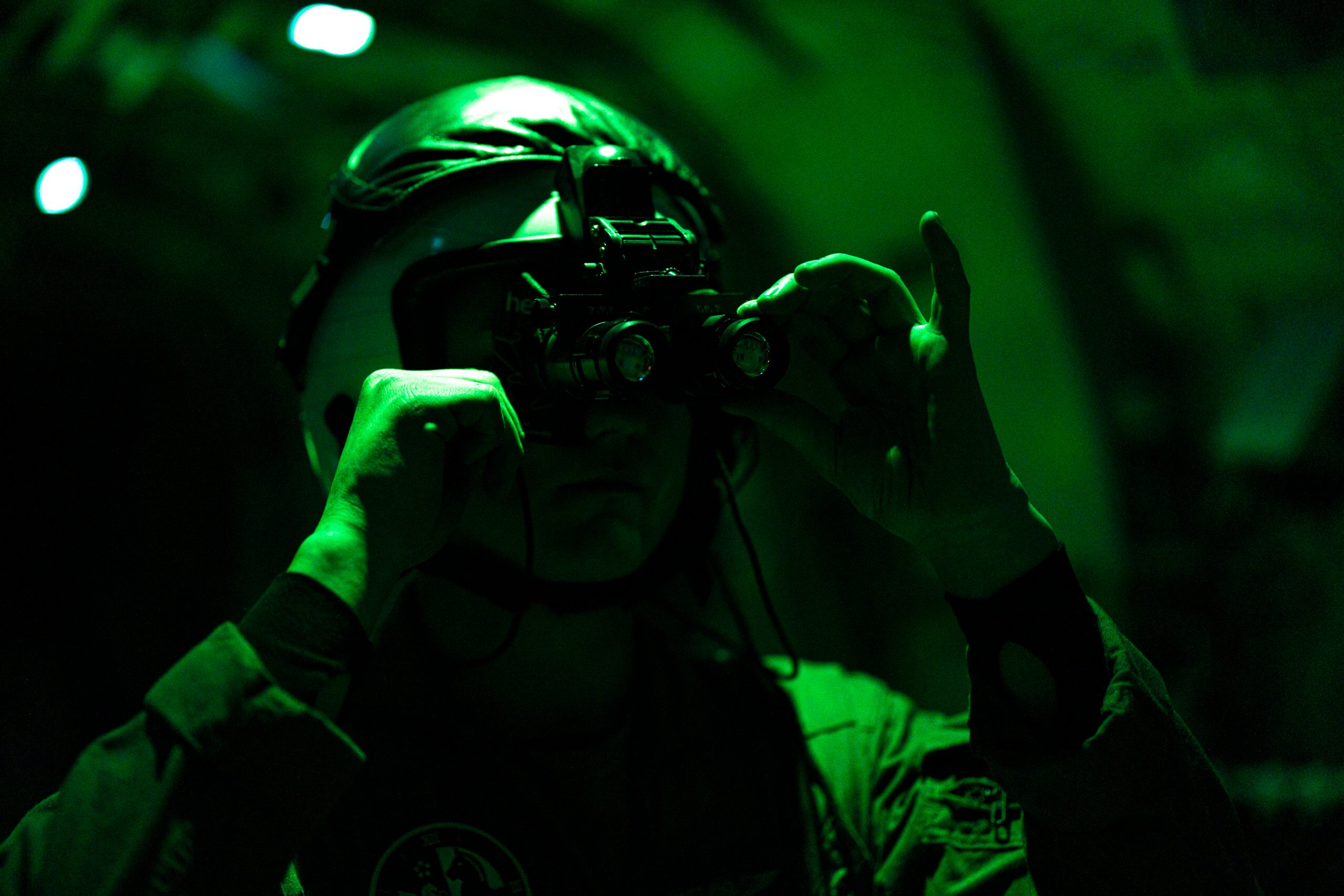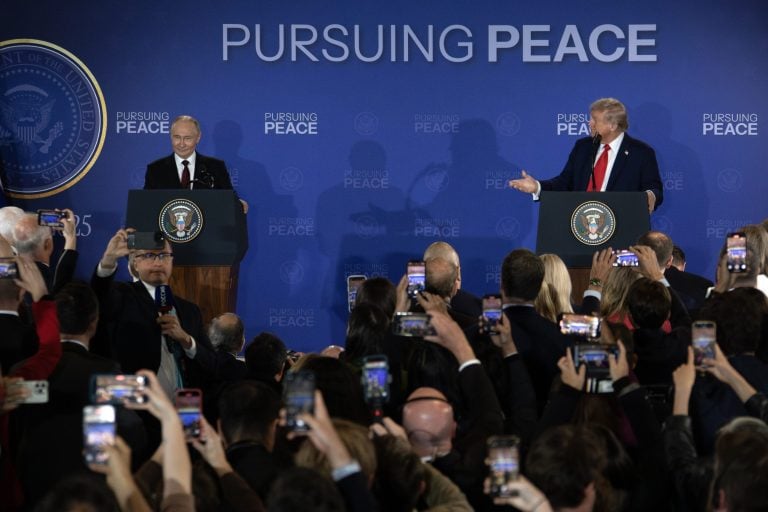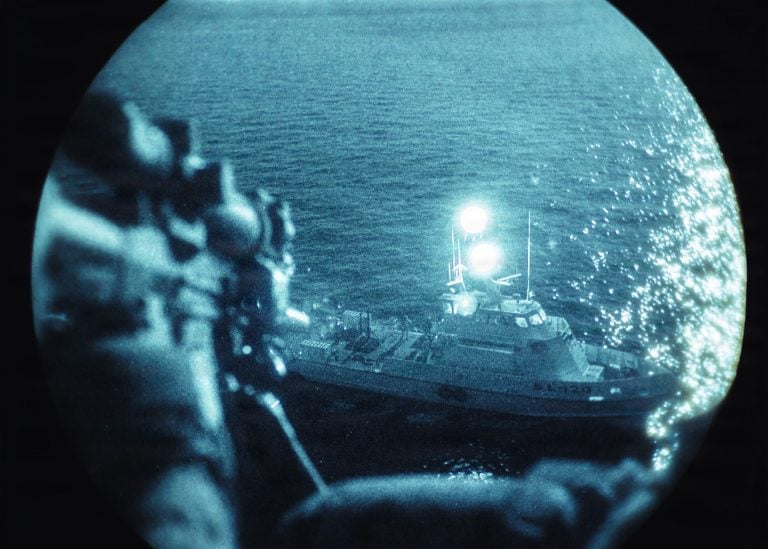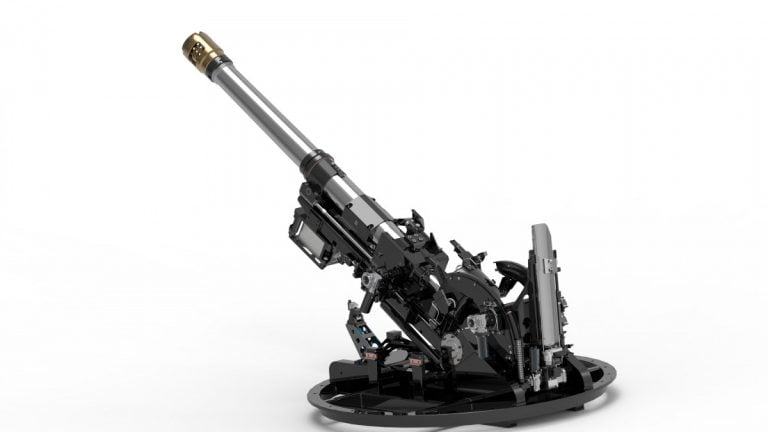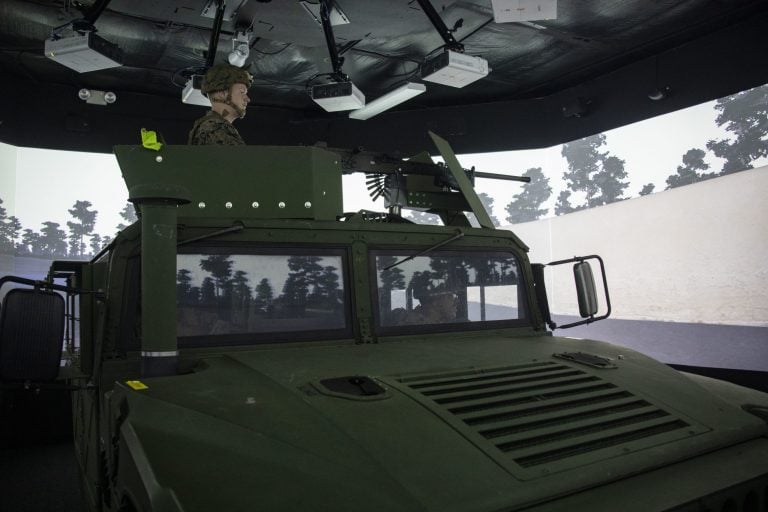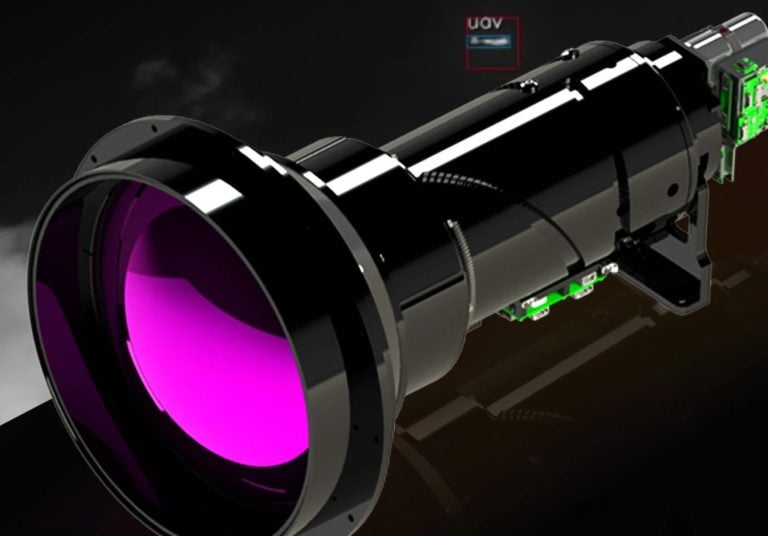Canada’s federal procurement watchdog has mandated a significant overhaul of a $100 million night vision program. This directive follows a ruling from the Canadian International Trade Tribunal (CITT) that concluded last-minute modifications in the procurement process unfairly favored a single U.S. supplier, effectively sidelining other potential competitors.
The tribunal’s mid-November decision was prompted by a complaint from Cadex Inc., a Quebec-based company, which was supported by the French optics firm Photonis. The CITT found that Public Services and Procurement Canada (PSPC) failed to offer a clear and transparent justification for raising the signal-to-noise ratio required for the equipment’s intensifier tubes. This raise in standards effectively disqualified European-made tubes from consideration, leaving only the American options viable for the tender.
This change has broader implications for Canadian defense procurement, as it shifts critical components under U.S. export controls. Consequently, the U.S. government would be responsible for approving shipments of these components to Canada, raising concerns about potential delays and restrictions. European tubes, frequently used by NATO allies like Germany, Belgium, and the UK, do not carry such export limitations, making them a more accessible alternative.
The CITT’s ruling pointed out that the updated specifications in solicitation WS4843480208 violated fair competition principles outlined in the Canadian Free Trade Agreement. Specifically, the tribunal has instructed the PSPC to reissue the tender, keeping in mind a competitive landscape that could span a planned three-year contract, with the potential for extension up to 12 years. This contract aims to procure as many as 17,000 binocular night vision devices.
In addition, the tribunal ordered the PSPC to compensate Cadex $2,750 for their legal costs incurred during the complaint process. A spokesperson for the PSPC indicated that the department is currently reviewing the tribunal’s ruling and its implications for the procurement process.
This situation has heightened frustrations within Canada’s defense sector, particularly against the backdrop of Prime Minister Mark Carney’s calls for reduced dependency on U.S. suppliers in favor of fostering relationships with both Canadian and European firms. Despite this political directive, military officials have continued to advocate for greater integration with U.S. suppliers, highlighting an ongoing tension between policy aims and operational needs in defense procurement.
